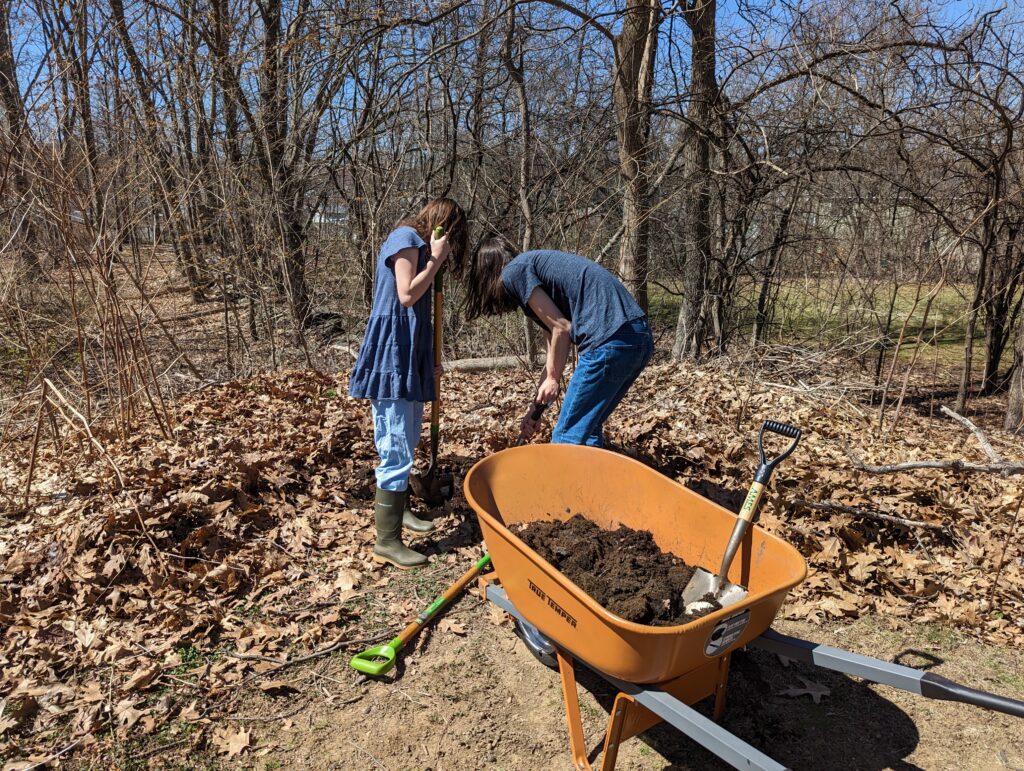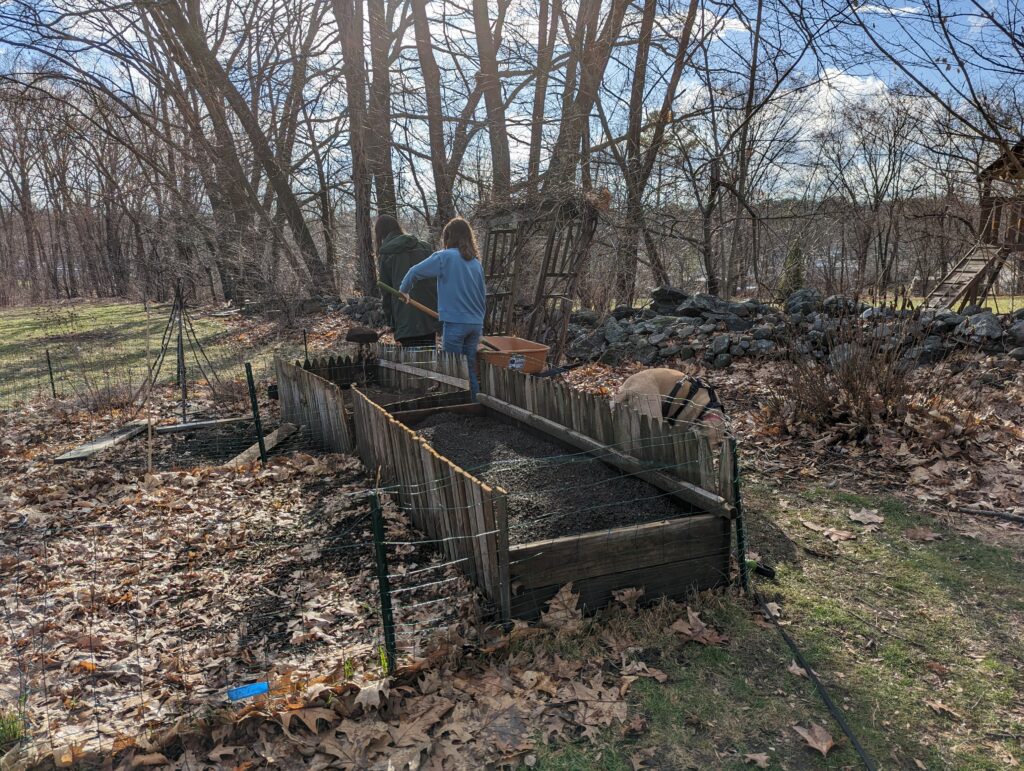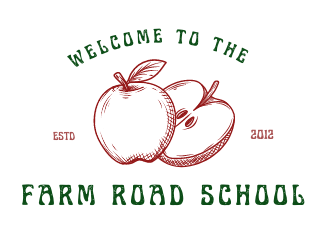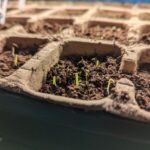In Defense of Democratic Food
Our food system is so broken that I get overwhelmed just thinking about it. Some of the symptoms of this on the consumer end are food deserts, food insecurity and health impacts of processed food. Some of the larger systemic problems are deforestation for meat production, overuse of petro-chemicals for monoculture crops, subsidy allocation for farmers, pollution of waterways and erosion of the topsoil. I don’t think I need to go on.
I recently heard the story of farming from an angle I had never considered and it flipped my understanding of the food issue on its head for me. (This is the podcast series that inspired this post.)
Before the plow, people were hunter-gatherers or hunter-small scale horticulturists. Men would go searching for the protein rich portions of the diet and women were largely in charge of finding or cultivating the starches and micronutrient dense plant foods. It was part of the culture that every animal harvested was part of the same environmental cycling that humans were in. Man kills a deer, the deer becomes the man’s body, the man’s body dies and becomes the grass that the children and grandchildren of the deer consume to survive. There was balance and humans had a largely nature based spiritual structure.

Once we discovered the plow, humans needed to subjugate the animals to help them use the machines. Animals could no longer be respected as autonomous beings if man needed to beat them into submission. Only men were physically strong enough to wrangle the oxen and steer the plow and thus were responsible for the meat and vegetable portions of the diet. The women were relegated to the house and the patriarchal societies were born.
Once it was clear that man had dominion over the animals and the land, the culture and spirituality of the people changed to reflect that. Where the gods of the old ways reflected the power of men, the fertility of women and the dependence on the animals, now gods were fashioned to reflect that man was the benevolent provider of nourishment and wisdom through his own physical power.
I’m not against monotheistic religions. Learning about religion brings me great joy and satisfaction to see that love and care are the founding doctrines of them all. But I think that the monotheistic charge to care for one’s neighbor works better in societies where the people are still connected to their land and the production of their food.
In my part of the world I often see (and I have been guilty of this myself, so I’m certainly not casting stones) that dominion and privilege are mixed up in the act of loving your neighbor through charity. In a scenario where you are in relationship with those in need and you band together to do the work and share the harvest you are embodying the teachings of the religion.
But in a scenario where sharing the results of your labor becomes a handout from your place of privilege to their place of destitution it misses the mark.
It makes the giver feel good and it does provide the imperative service of filling the belly of the hungry, but it does none of the “teaching them to fish” and it lacks the loving intention that the scripture was written with.
In some ways it’s inevitable because it seems to be the only band aid available for this corrupted food system and “democratic caste structure”. When I use that term I mean “democratic” in the sense we are all supposed to have the technical ability to change the inequality, but I use the word “caste” to illustrate that, for a variety of reasons, we never do.
To paraphrase Einstein, our separateness from one another is an illusion and only recognizing that we are in fact one piece of the universe is the way we liberate ourselves.
If the plow, as a figurehead for our modern agricultural design, is the problem, then lets throw it out. If what we now call traditional agriculture is the origin of patriarchy and environmental collapse and helps to exacerbate the inequality of privilege and poverty then how do we get away from it?
Democratized food begins with more people acknowledging that they are a part of the collective, because only those who see their place in the cycles will spontaneously take the next right action.
What we need is to share.
Our modern race to the end of earth’s resources has everyone claiming and hoarding and rushing to use up “their share” the fastest. Large agriculture and systemic change take a mountain of resources and a majority vote. Waiting for that will only end up with the extinction of humanity. What we need is to share. Large scale sharing looks like countries agreeing to use less and learning to adapt before the actual end of the resources. It’s a thing I can hope and vote for, but not a thing within my actual sphere of control.
Small sharing looks like community food forests and urban farming. It looks like micro forests to provide habitat and carbon sinks in the cities. Small sharing looks like donation based restaurants and communal cooking. It looks like getting your hands dirty with your neighbor instead of buying food and handing it to them.




One response to “In Defense of Democratic Food”
I was pretty pleased to discover this web site. I want to to thank you for your time for this fantastic read!! I definitely really liked every bit of it and I have you book marked to see new things on your web site.